(Dan Tri) - For diabetic patients, controlling blood sugar plays an extremely important role in preventing complications. However, simply skipping meals, eating white bread... can cause blood sugar to spike.
Diabetes is an increasingly common and dangerous chronic disease. For patients, stable blood sugar management not only helps control the disease but also prevents complications affecting the heart, kidneys, eyes and blood vessels.
Below are 5 mistakes in eating and living that cause high blood sugar:
Dietary mistakes that cause high blood sugar
Some common eating mistakes that can cause blood sugar levels to spike include:
Consume a lot of refined carbohydrates
Foods such as white bread, pasta, etc. are sources of refined carbohydrates that are easily converted into glucose, causing a sudden increase in blood sugar after eating.
When eating these foods without fiber, the body absorbs them quickly, causing a sudden increase in blood sugar after eating and then a decrease in blood sugar when away from meals, leading to a feeling of hunger and eating more foods.
You need to replace them with whole grains such as brown rice, oatmeal, whole wheat bread, which help maintain stable blood sugar thanks to their high fiber content.
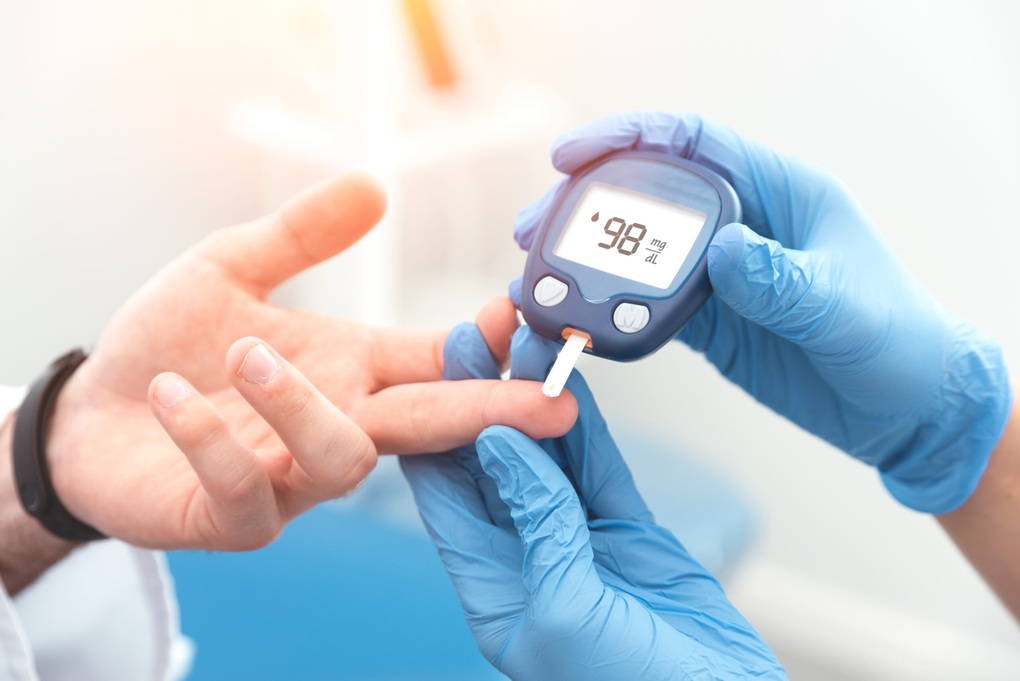
Diabetic patients need to develop a reasonable and scientific diet and lifestyle to manage blood sugar well (Illustration: Shutterstock).
Skipping meals or eating at irregular times
Skipping meals, especially breakfast, makes the body hungry and tends to eat more at the following meals, rapidly increasing blood glucose levels.
Patients should eat 3 main meals regularly and add snacks if needed, to maintain stable energy and avoid spikes in blood sugar after meals.
Consumption of sugary drinks
Soft drinks, milk tea, and fruit juices contain a lot of easily absorbed sugar, causing blood sugar to increase immediately. A can of soft drink can cause blood sugar to increase significantly in just 30 minutes.
Patients should avoid sugary drinks and instead drink water, herbal tea, or unsweetened black coffee.
Eat too big a portion
Too much food, even healthy foods like fruits and grains, can raise blood sugar levels. Therefore, people with diabetes need to control their portion sizes, use smaller plates and avoid overeating.
Not taking the right dose of medication
Forgetting to take your medication or adjusting your dosage on your own can affect your blood sugar control. Patients should follow their doctor's instructions.
Dietary principles to support stable blood sugar
To maintain stable blood sugar, diabetics need to follow the following dietary principles:
Combine a variety of meals
Combine carbohydrates, protein, and healthy fats at every meal to slow down carbohydrate digestion and prevent blood sugar spikes.
Divide meals as needed
Divide your meals into smaller portions throughout the day (3 main meals and 1-3 snacks as directed by your doctor) to help maintain stable energy and avoid sudden spikes in blood sugar.
Prioritize foods rich in fiber
Fiber does not convert to sugar, helps increase satiety and aids digestion. Diabetics should consume 25-38 grams of fiber per day from green vegetables, whole grains, beans and low-sugar fruits.
Drink enough water
Adequate water helps regulate the body and supports blood sugar control. Choose water instead of soft drinks or fruit juices that contain a lot of sugar.
In addition, patients also need to maintain regular physical activity. Exercise helps consume glucose to produce energy, thereby reducing blood sugar and making cells more sensitive to insulin. Diabetics should maintain the habit of exercising at least 150 minutes per week with moderate exercises such as walking, cycling, yoga, etc.
At the same time, monitoring blood sugar helps patients understand how their bodies react to foods and daily activities. From there, they can promptly adjust their diet and lifestyle.
Other mistakes to avoid
- Not taking the correct dose of medication : Forgetting to take medication or arbitrarily adjusting the dosage can affect blood sugar control. Patients should follow their doctor's instructions.
- Eating too many high-energy foods : Some foods such as noodles, pasta, and bread contain a lot of carbohydrates that can easily increase blood sugar. Patients should limit themselves to two servings of fruit per day and prioritize non-starchy vegetables.
- Drink sweet drinks to quench your thirst : Fruit juice and soft drinks can increase blood sugar. If necessary, choose fresh fruit for more fiber.
Diabetics need to develop a reasonable and scientific diet and lifestyle to manage blood sugar well and avoid dangerous complications. It is important to maintain healthy eating habits and regular physical activity.
In addition, you should proactively discuss with your doctor or nutritionist to establish a suitable nutritional and lifestyle plan to help stabilize blood sugar and improve quality of life.
Master Trinh Hong Son
National Institute of Nutrition, Ministry of Health
Source: https://dantri.com.vn/suc-khoe/sai-lam-trong-an-uong-khien-duong-huyet-tang-vot-20241111201502305.htm



![[Photo] Thousands of Buddhists wait to worship Buddha's relics in Binh Chanh district](https://vstatic.vietnam.vn/vietnam/resource/IMAGE/2025/5/3/e25a3fc76a6b41a5ac5ddb93627f4a7a)




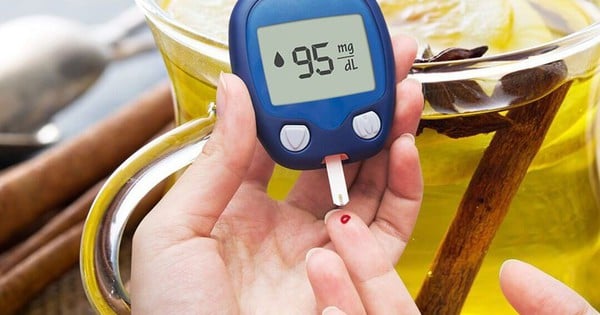

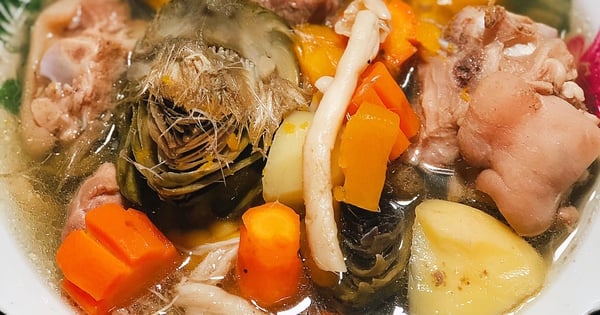
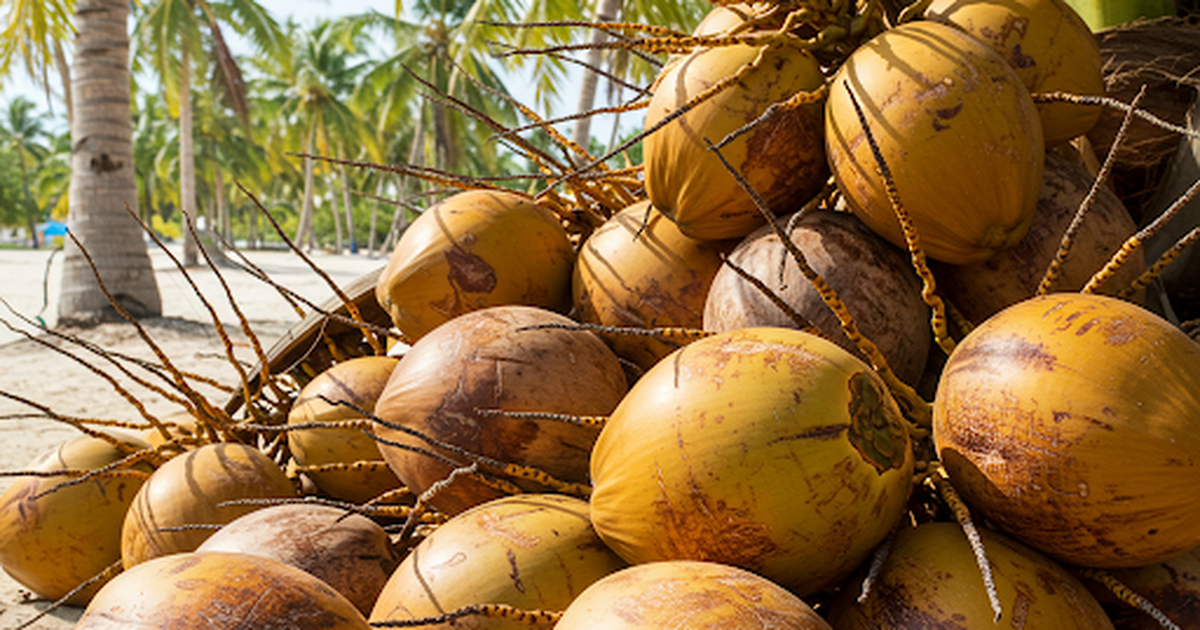

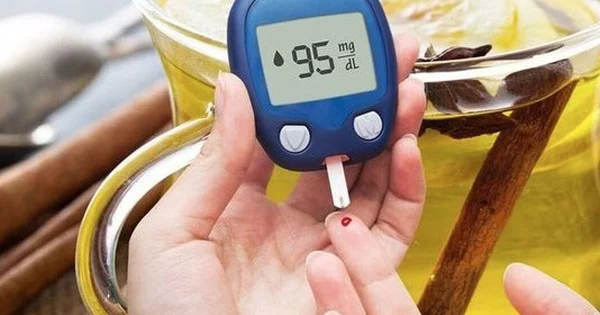

















![[Photo] Bustling construction at key national traffic construction sites](https://vstatic.vietnam.vn/vietnam/resource/IMAGE/2025/5/2/a99d56a8d6774aeab19bfccd372dc3e9)

































































Comment (0)